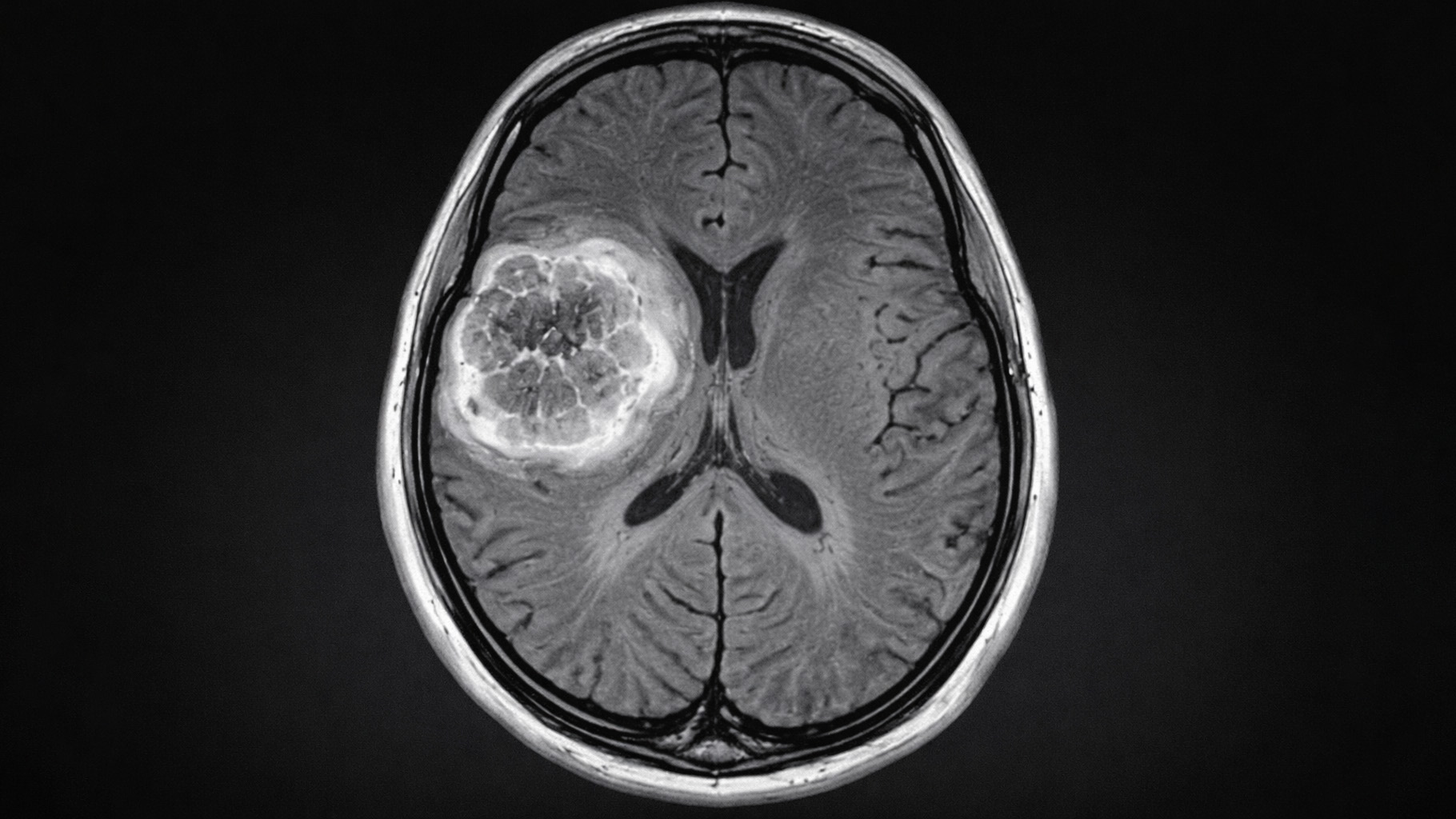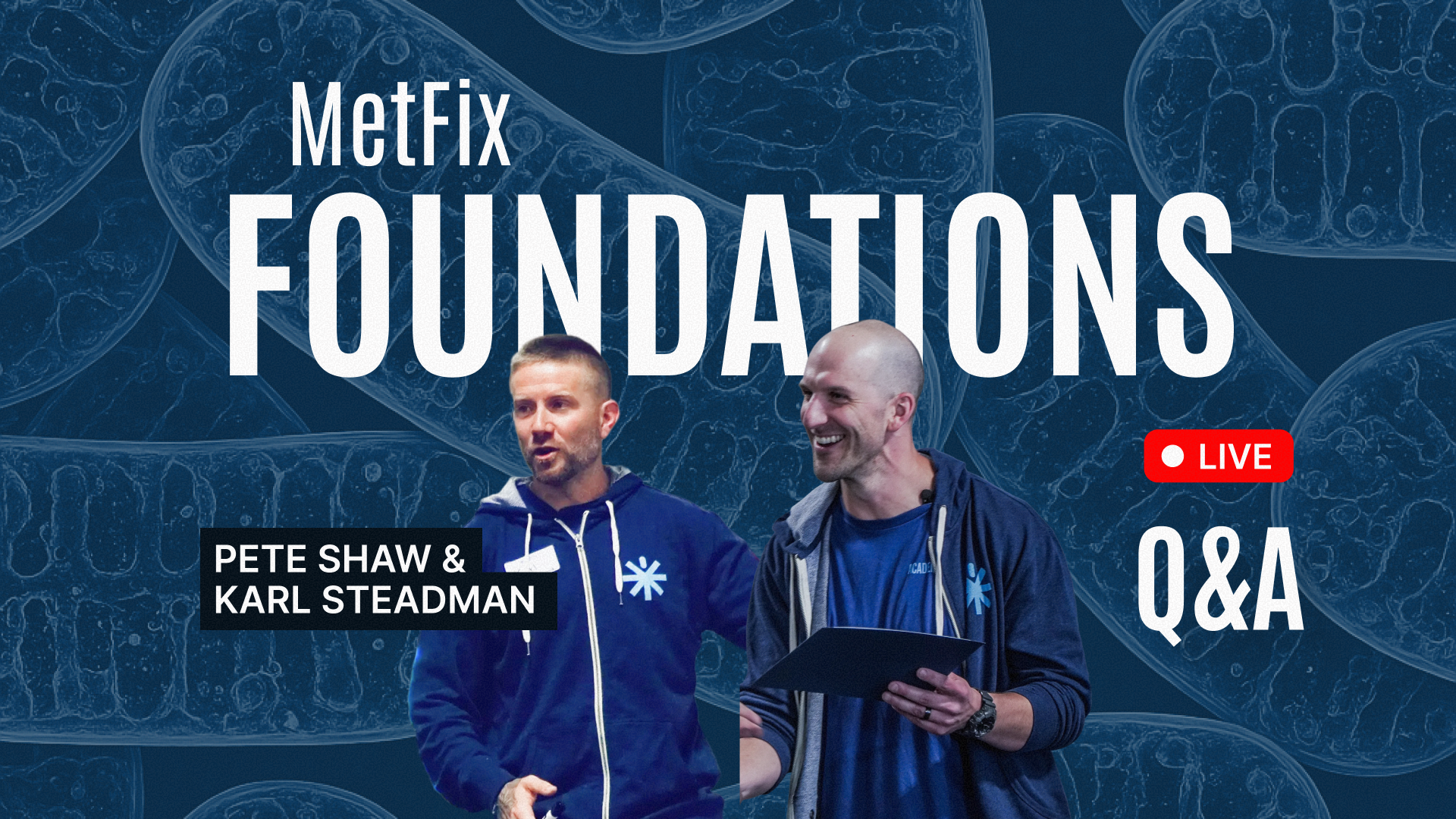On September 25, 2025, the BSI Medical Society Journal Club, hosted by Bob Kaplan with contributions from Pete Shaw, continued their exploration of redox biology. In this session they turn from insulin resistance to the broader Reactive Oxygen Species (ROS) Hypothesis of Obesity, based on theories by Peter Dobromylskyj. The discussion built on prior Journal Clubs reviewing “Insulin Resistance as a Cellular Antioxidant Defense Mechanism” and “ROS Are Good,” tracing how mitochondrial signaling may regulate nutrient handling and fat storage. Bob outlined how ROS, long viewed as harmful byproducts, act as ancient, essential metabolic signals that coordinate energy flux between the mitochondria and the cell. When dietary fats—particularly linoleic acid–rich seed oils—lower ROS generation, the mitochondria’s “brake” on insulin signaling weakens. Cells remain insulin-sensitive longer than they should, driving continued nutrient uptake and fat accumulation. Within this framing, obesity represents a failure to generate adequate ROS at the right time—a redox imbalance rather than a simple surplus of calories.
Expanding the concept, Bob and Pete positioned the ROS model within a hierarchy of metabolic theories—from the carbohydrate-insulin and fuel-partitioning frameworks to the broader evolutionary mismatch between ancestral diets and modern food environments. They argued that polyunsaturated fats, through their dampening effect on mitochondrial ROS, create an inappropriate state of cellular energy oversupply that promotes insulin sensitivity when resistance would normally act as a protective feedback. In contrast, saturated fats generate sufficient ROS to signal satiety at the mitochondrial level, aligning energy intake with demand. Bob and Pete emphasized that this perspective reframes “seed oil harm” as a redox signaling problem rather than an inflammatory one and may explain why high-fat ancestral diets or ketogenic approaches restore metabolic balance. Participants reflected on how these ideas challenge conventional obesity models, offering a unifying mechanism that connects nutrient composition, mitochondrial signaling, and the physiology of energy storage.
The archive of this BSI Journal Club is available here free, for anyone, while most Club meetings are only available for Medical Society Members and MetFix affiliates, in their dashboard.
Bob Kaplan is an independent research analyst. Bob previously served as director of research at Early Medical, contributing to The Drive podcast with Peter Attia and its other properties. Kaplan was a researcher at the Nutrition Science Initiative (NuSI), and an exercise physiologist at the University of Nevada, Las Vegas. His current and previous research interests include meta-research, chronic diseases, bioenergetics, exercise physiology, and nutrition.
Support the Broken Science Initiative.
Subscribe today →
2 Comments
Leave A Comment
You must be logged in to post a comment.
recent posts
And more evidence that victory isn’t defined by survival or quality of life
The brain is built on fat—so why are we afraid to eat it?
Q&A session with MetFix Head of Education Pete Shaw and Academy staff Karl Steadman



So good. Thanks, guys.
Thank you for continuing to speak about ROS theory. Going to the Foundations Course opened my eyes to the issue. The continued discussion helps gives me the tools in my affiliate to further help educate my members